Staff Outsourcing vs. In-House: Cost-Benefit Analysis for UK Businesses

No business ever stops seeking growth, and adapting to changing business trends is a key driver of success. Today, UK companies continually seek ways to optimise operations, cut costs, and enhance efficiency. According to a report by, 77% of UK CEOs are focusing on driving operational efficiencies in 2021. One of the most critical decisions they face is whether to outsource certain functions or maintain an in-house team. This article delves into the cost-benefit analysis of both approaches, helping businesses make informed choices through a studied comparison.
The Cost of In-House Teams
Maintaining an in-house team comes with a substantial financial commitment. Salaries, benefits, training, and office space are just the beginning. According to the Chartered Institute of Personnel and Development (CIPD), the average cost to hire a new employee in the UK is around £3,000. This includes recruitment expenses and initial training.
Salaries and Benefits: UK businesses must offer competitive salaries to attract top talent. Alongside salaries, benefits such as pensions, health insurance, and paid leave add to the overall cost. A report by highlights that the average salary increase in 2021 was 2.2%, further escalating wage bills.
Training and Development: Continuous training is essential to keep the team updated with the latest industry trends and technologies. This investment, though crucial, adds to the operational costs. The Learning and Work Institute reports that UK companies spend an average of £1,530 per employee annually on training.
Office Space and Utilities: Providing a conducive work environment is non-negotiable. Office rent, utilities, office supplies, and maintenance form a significant part of the operational budget. A study by shows that office space in central London can cost as much as £100 per square foot annually.
The Cost of Staff Outsourcing
Staff outsourcing, on the other hand, can offer substantial cost savings and operational flexibility. Businesses can focus on their core competencies by delegating specific tasks or functions to external specialists.
Labour Cost Savings: Staff outsourcing allows UK businesses to tap into a global talent pool where labour costs may be lower. For instance, the average hourly rate for a software developer in Eastern Europe is significantly less than in the UK. This can lead to savings of up to 70%.
Reduced Overheads: Staff outsourcing eliminates the need for physical office space and the associated costs. Staffing service companies like us, BPONinja, provide virtual support, meaning businesses save on rent, utilities, and office supplies. These savings can be redirected towards strategic initiatives and business growth. Reach out to us if you’re thinking of expanding your team offshore.
Access to Expertise: Staff outsourcing firms specialise in specific areas, bringing a wealth of expertise that might be costly to develop in-house. This access to high-quality talent without the associated recruitment and training costs can enhance business efficiency and output quality.
Comparing the Two: A Detailed Breakdown
| Aspect | In-House | Staff Outsourcing |
| Initial Setup Costs | Recruitment fees, onboarding, and training costs | Initial contractual and setup fees with the staff outsourcing partner |
| Operational Costs | Salaries, benefits, office space, equipment, and utilities | Service fees based on agreed terms, often less than in-house operational costs |
| Scalability | Scaling up requires significant investment in hiring and infrastructure | Easier to scale services up or down based on business needs without heavy investments |
| Control and Flexibility | Higher control over operations and processes but less flexibility in cost management | More flexibility in managing costs but requires trust and communication with the staff outsourcing partner |
| Risk Management | Direct control over data security and compliance but higher risks in terms of employee turnover and operational continuity | Shared risk with the staff outsourcing partner, who is often equipped with robust security measures and continuity plans |
Making the Right Choice

The decision between staff outsourcing and maintaining an in-house team is not one-size-fits-all. It hinges on a business’s specific needs, industry, and strategic goals. For many UK businesses, staff outsourcing presents a compelling case for cost savings, access to global talent, and operational flexibility. However, maintaining an in-house team might be preferable for functions requiring tight control and alignment with company culture.
Ultimately, a hybrid approach—combining the strengths of both in-house and outsourced teams—can offer a balanced solution, leveraging the cost benefits of staff outsourcing while retaining the strategic advantages of in-house expertise.
For expert support in transitioning to staff outsourcing, BPONinja offers comprehensive solutions designed for your business. Maximise efficiency and reduce costs with our staffing services. Call us at Tel: +44 330 321 0022, e-mail at ninjas@bponinja.com or visit BPONinja today.
